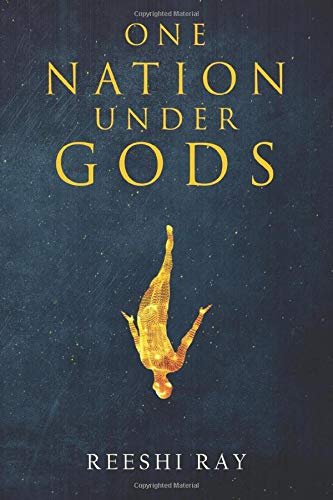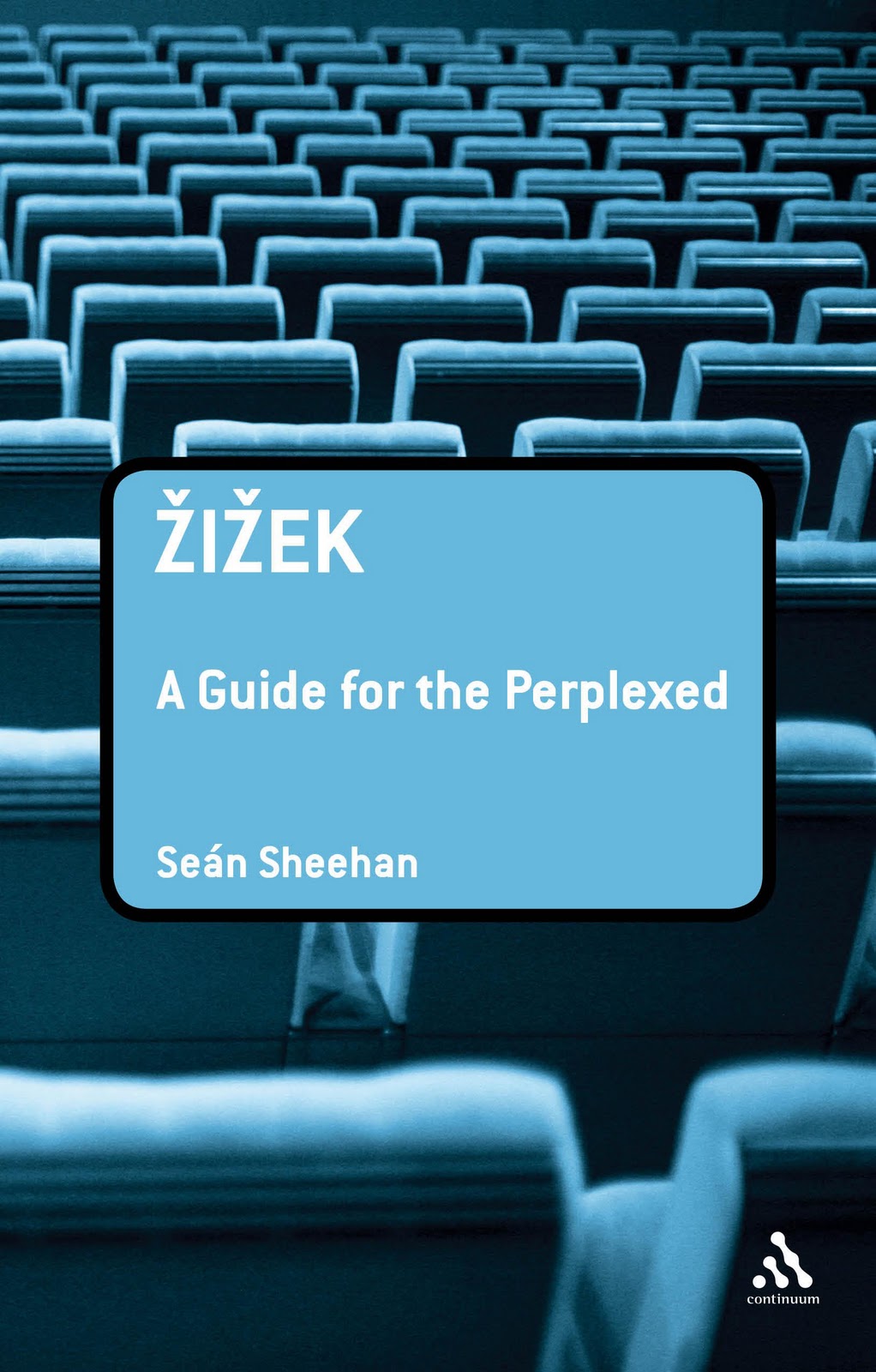Vuroth
100+ Head-Fier
- Joined
- Jun 16, 2012
- Posts
- 122
- Likes
- 16
Quote:
Patrick Rothfuss. Fantasy genre.
I'm kind of torn. Parts of it were riveting, parts were uncomfortable or boring. I'm reading the sequel, so overall I guess I the experience was positive, but I'm still somewhat on the fence.
Author ?
How about now - what do ya think, now ;?)
Patrick Rothfuss. Fantasy genre.
I'm kind of torn. Parts of it were riveting, parts were uncomfortable or boring. I'm reading the sequel, so overall I guess I the experience was positive, but I'm still somewhat on the fence.

























![size]](http://www.frimmin.com/images/historygod.jpg[size=12px][font=Verdana][center][/center][/font][/size])






